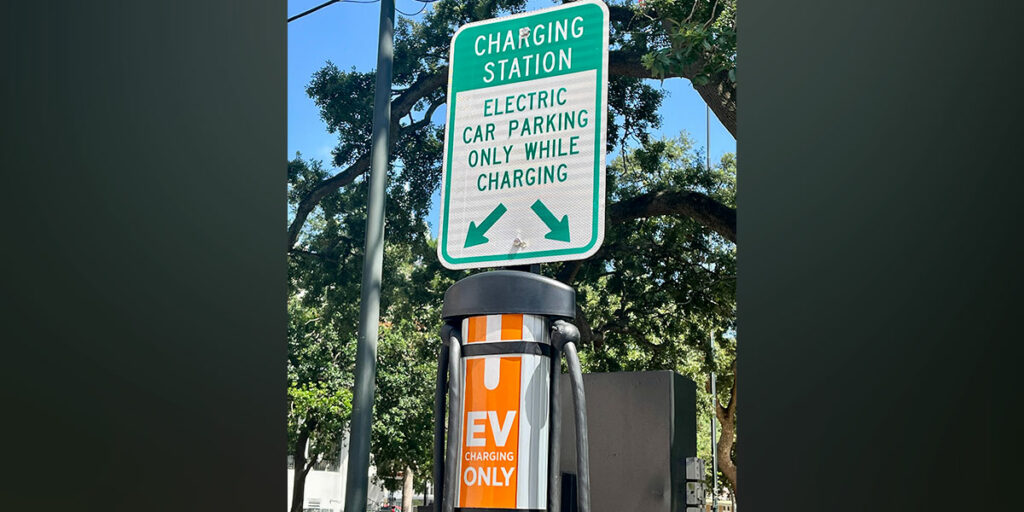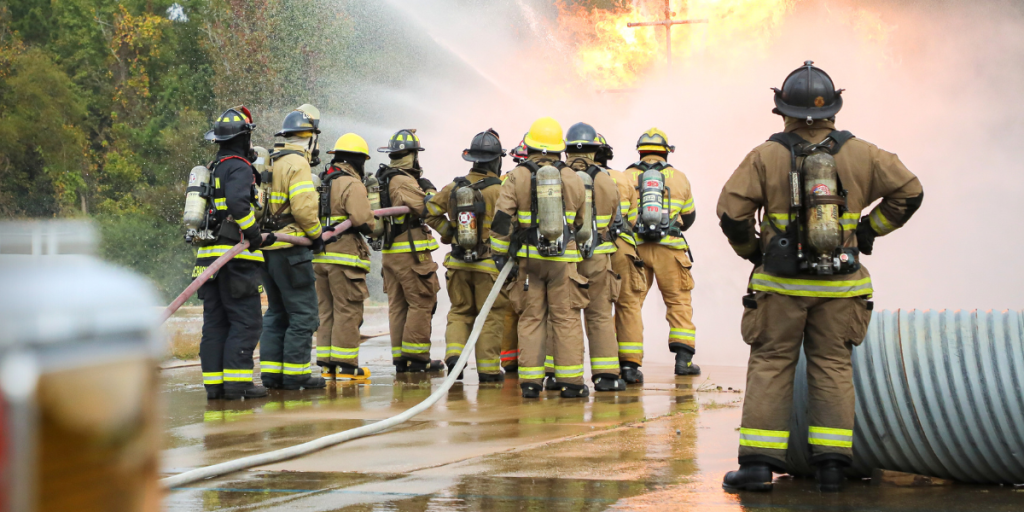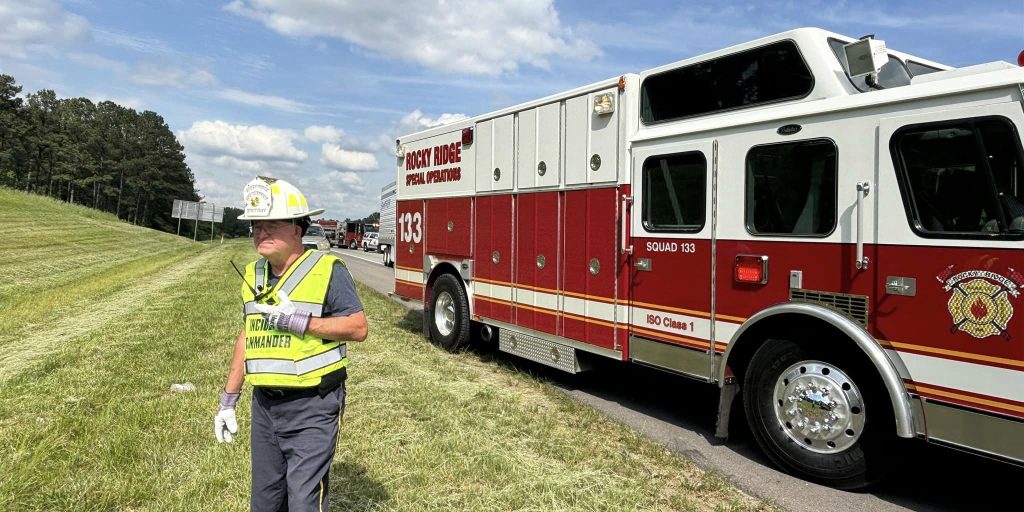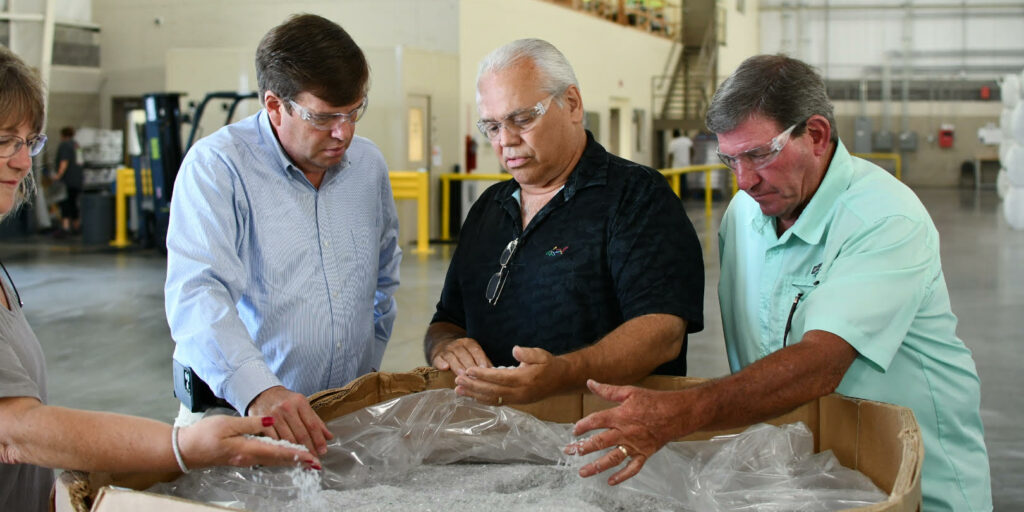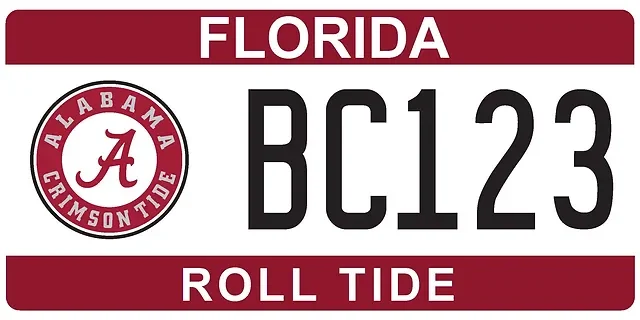As EVs and charging stations become more common in Alabama and across the nation, there is a need for first responders to be better equipped and prepared to respond to emergencies involving EVs and, more specifically, lithium-ion batteries. The Alabama Fire College is working to ensure that first and second responders in Alabama are trained on how to properly deal with battery-related emergencies.
Lithium-ion batteries are not just powering conventional vehicles, they are now common in everything from cordless power tools to bicycles, scooters, and hoverboards. Unlike EVs, many of these smaller products are imported from overseas without undergoing safety testing and certification, and the resulting fires can be devastating.
Because of this, some assume that EVs are not as safe as gas cars. In reality, EVs and their battery packs must meet the same Federal Motor Vehicle Safety Standards as all other vehicles. According to the National Transportation Safety Board, EVs are less likely to catch fire than internal combustion engine (ICE) vehicles. Data showed that EVs saw only 25 fires per 100,000 vehicles sold. For reference, ICE vehicles were involved in 1,530 fires per 100,000.
Alabama’s 1168 fire departments, over eighty percent of which are all-volunteer, are our front-line defenders against battery fires. However, many career fire departments and most volunteer fire departments either do not have the bandwidth or do not have the budget to prioritize battery-specific training.
The Alabama Fire College has stepped up to meet this new challenge, dedicating personnel and other resources to developing and delivering battery emergency response training materials to Alabama’s first and second responders. Because the technology is new and evolving so rapidly, the Alabama Fire College and Alabama’s first responders are not alone in needing this type of training.
The Alabama Clean Fuels Coalition (ACFC) recently spearheaded an effort that brought the Alabama Fire College together with fire training organizations and coalitions in twenty-six other states. The group is supporting the National Fire Protection Association (NFPA) in applying for a federal grant to update and deliver their best-in-class training materials to first responders nationwide. Existing resources, including material previously developed by NFPA, can be found on the U.S. Department of Energy’s website.
The Energy Institute of Alabama (EIA) is also focused on how industry can step in to provide much needed support on this issue.
As EVs continue to grow in market share across the United States, that industry will increasingly become an economic powerhouse for our state. Just look at Mercedes-Benz in Tuscaloosa, they are employing thousands of Alabamians with high-quality jobs for their electric fleet. And they’re just getting started. As more and more of these vehicles continue to hit the road, we need to make sure our first responders are prepared.
As the landscape of transportation continues to change and become increasingly electrified, Alabama needs to adapt with it so that we can create a safe environment for its first responders and those traveling the roads of our state.
Gerald Allen represents Alabama’s 21st District (Tuscaloosa, Pickens & Lamar Counties) in the Alabama State Senate.








